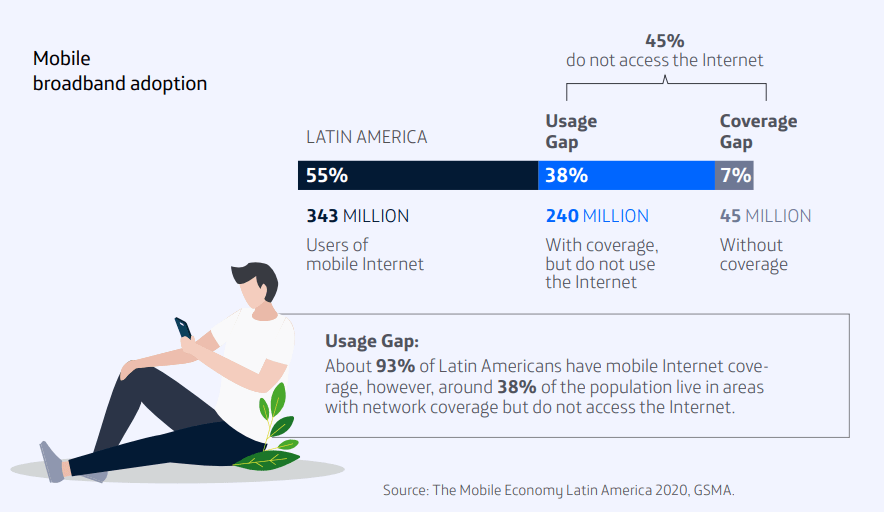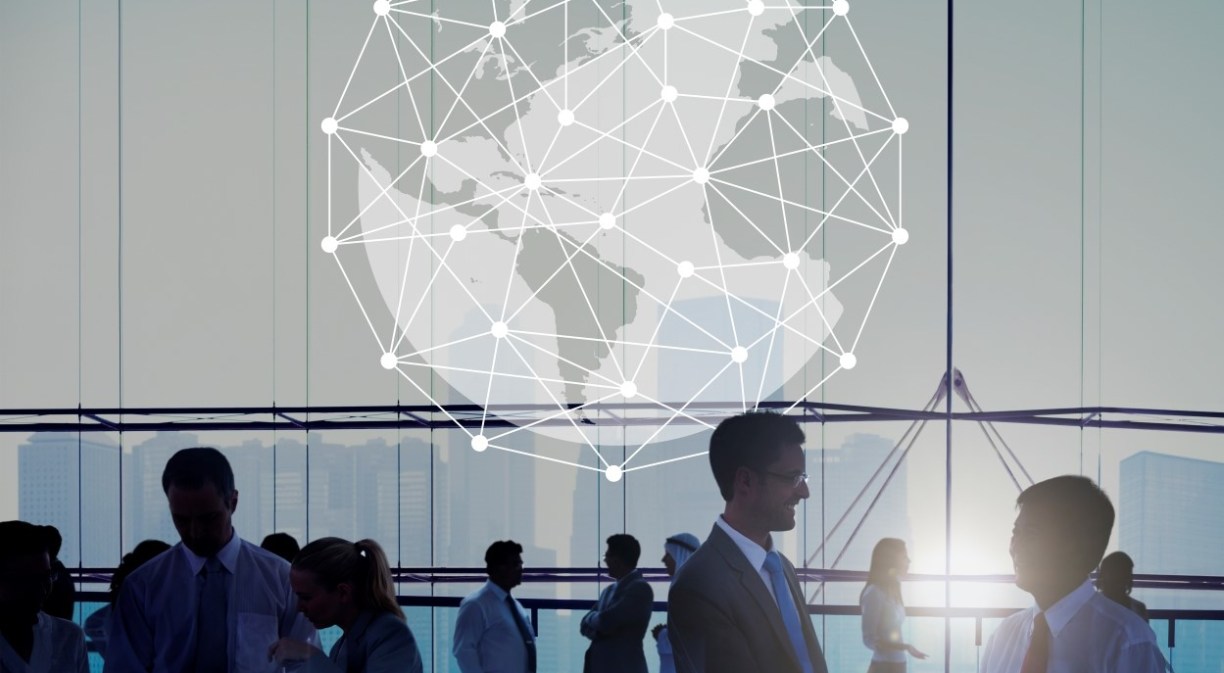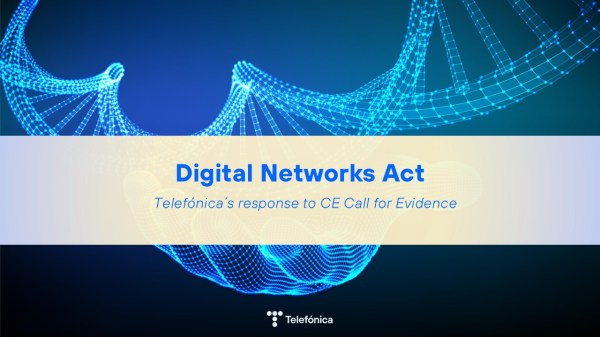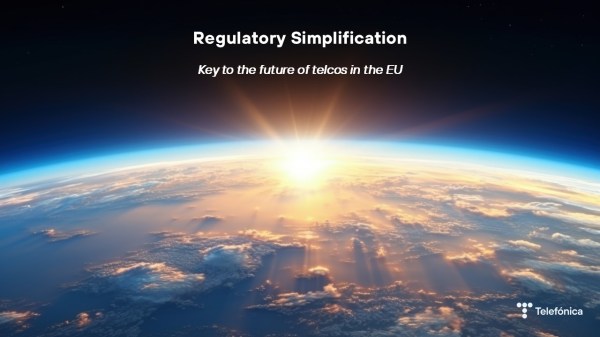Now is the time to take the next steps in our journey together, in solidarity with and for all people.
The world has gone through significant ups and downs since UN Secretary General Antonio Guterres initiated the process to establish the fundamental principles that should lay the foundation for connecting the unconnected in a free, secure, interoperable and ethical Internet… However, the idea that the future of humanity must be oriented towards digitisation and connecting the unconnected without leaving anyone behind, is still very much alive.
For some time now, the United Nations has been engaged in a consultation process that should lead to the adoption of the Global Digital Compact at the Summit of the Future in September 2024.
Towards a common agenda
During the pandemic, the world became fully aware of the importance of digitisation, digital inclusion and network resilience as a condition for the progress of humanity. At the same time, citizens’ environmental awareness was strengthened. The concept of twin digital and green transitions gained momentum and laid the foundations of the European policy agenda.
At that time, the resilience of global chains and the threat of economic protectionism led to the questioning of globalisation and multilateralism. At that time, there was a clear awareness that the problems and challenges facing humanity could not be addressed without the cooperation of all.
It is in this context that the report “Our common agenda” took shape, in which the UN Secretary General set out the way forward towards strengthening multilateralism. It is this school of thought that accompanies the current negotiation process of the UN Digital Global Compact.
Universal connectivity, internet fragmentation, data protection and privacy, the development of ethical Artificial Intelligence, and the protection of Human Rights online, are issues that affect the whole of humanity and, therefore, require a global response.
Our commitment to the UN Global Digital Compact
At Telefónica, we are attending and contributing to this process with interest and optimism. We firmly agree with the initial purpose of achieving an open, free and secure digital future for all. Furthermore, we believe that it is essential to make progress in establishing common criteria to develop these general principles and translate them into concrete recommendations and projects.
How to improve the connectivity and digital technology usage gap? How to achieve regulation that balances the protection of fundamental rights without limiting innovation, for example in the development of Artificial Intelligence? How to achieve a common data protection framework without limiting cross-border data flow and ensuring privacy so as not to damage digital trust? How to incentivise the implementation of new business models to connect the next billion people? How to achieve inclusive connectivity without leaving anyone behind through ethical, non-discriminatory, gender-equal Internet development?
Cooperating to connect the unconnected
When it comes to connectivity and digital inclusion, the challenges facing humanity are as important as they are necessary. In this field, more than in any other, joint and coherent action is needed.
First, the deployment of the telecommunications infrastructure required to expand connectivity necessitates the involvement of all the companies that stand to gain from the growth of the Digital Economy. In the words of the United Nations Broadband Commission, “there is a need to broaden the base of contributors to the deployment of telecommunications infrastructure to all those actors that benefit from the deployment of the Internet including platforms, content providers and marketplaces. A joint collaboration for the investment needed to achieve connectivity deployment is essential”.
Secondly, public authorities, governments and regulators must take the necessary steps to facilitate deployment and remove existing barriers. Conditions must be put in place to facilitate the creation of new business models. Radio spectrum must be used as a public good, no longer for revenue purposes, but for the purpose of making it available to operators in sufficient quantity and at a reasonable price to achieve universal connectivity. We must, together, succeed in connecting the unconnected, leaving no one anywhere behind.
But what is currently most relevant to meeting universal connectivity goals is the usage gap. This means that, in areas of connectivity, internet use is not widespread. For example, according to GSMA figures, in 2020, 45% of Latin Americans (more than 285 million people) did not have access to the internet, yet the coverage gap was only 7%.

The causes of this usage gap need to be analysed in depth in order to generate initiatives that encourage the use of the Internet. Among the causes that can explain this situation are a variety of aspects such as literacy, digital skills, local content, language, electrification, gender inequality, lack of affordable terminals, etc. Public policies need to prioritise connectivity and digitisation with a holistic vision.
The challenges ahead are undoubtedly ambitious. The issues at stake are undoubtedly complex. However, what unites us is more than what separates us. Let us hope that this Global Digital Compact, which is now being drawn up, achieves its purpose and allows progress to be made towards universal and inclusive digitalisation. At Telefónica we are always ready to contribute to this goal.










